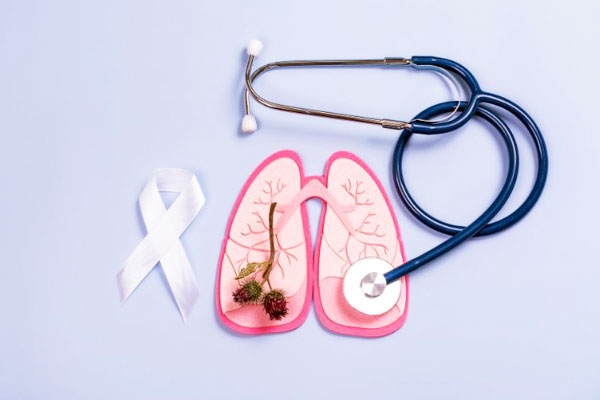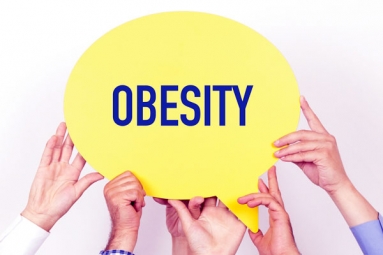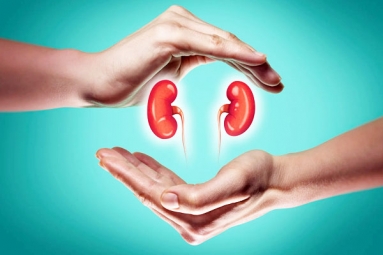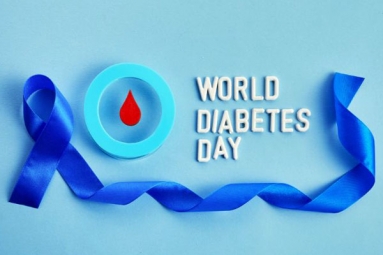
(Image source from: Canva.com)
World Pneumonia Day, celebrated on November 12 every year, is dedicated to raising awareness about pneumonia, a dangerous but preventable and treatable respiratory disease. The day highlights the impact of pneumonia, particularly on the most vulnerable children under five and the elderly. The aim of this World Health Day is to focus on prevention, advocate for better treatment options and reduce the number of deaths from pneumonia. Health organizations, governments and communities participate in campaigns, events and programs to raise awareness, promote vaccinations and remove barriers to accessing life-saving medical care. Read more about the theme, history and significance of this day, as well as prevention tips to reduce your risk of pneumonia. The theme of World Pneumonia Day 2024 is “Every Breath Counts: Preventing Advances in Pneumonia.” It emphasizes the vital importance of every breath and emphasizes the urgent need to combat pneumonia through timely diagnosis, effective treatment and preventive measures.
World Pneumonia Day is organized by the Global Coalition Against Childhood Pneumonia, a group of public health organizations committed to addressing the lack of awareness about the seriousness of pneumonia and the fact that it kills more than 800,000 children each year, despite pneumonia is preventable and treatable. However, it is still one of the leading causes of death in children worldwide. This day was created to raise awareness of this silent epidemic and encourage governments and health organizations to make pneumonia prevention and treatment a priority on the global health agenda. The importance of World Pneumonia Day is that it draws global attention to an often overlooked health crisis. Children in low- and middle-income countries are disproportionately affected by pneumonia due to limited access to vaccines, nutrition and healthcare. Awareness campaigns can help mobilize resources for research, improve access to healthcare and promote vaccination programs. In addition, World Pneumonia Day also serves as a platform to advocate for cost-effective treatments and educate the public about early detection of symptoms as early intervention can save lives. Ultimately, the day aims to reduce deaths from pneumonia and create healthier, more resilient communities.
Preventive tips:
Vaccinations are one of the most effective ways to prevent pneumonia. Vaccines such as the pneumococcal vaccine and the influenza vaccine reduce the risk of bacterial and viral pneumonia.
Frequent hand washing with soap prevents the spread of germs that can lead to respiratory infections such as pneumonia.
Smoking damages the lungs and weakens the immune system's response to infections. Quitting or quitting smoking can significantly reduce your risk of developing pneumonia.
Eating a balanced diet rich in fruits, vegetables, and lean proteins, getting enough sleep, and managing stress can help keep your immune system healthy and responsive.
Covering your mouth and nose when you cough or sneeze helps prevent the spread of germs.
Keeping your distance from sick people, especially if they have symptoms like coughing and sneezing, can reduce your exposure to infectious agents.
Using air purifiers, ensuring adequate ventilation and avoiding the use of harsh chemicals indoors can improve indoor air quality and reduce the risk of lung infections such as pneumonia.
Early treatment of respiratory infections such as the flu or bronchitis can prevent these infections from developing into pneumonia.
Taking these preventive measures can help people reduce their risk of pneumonia, improve their overall respiratory health, and contribute to global efforts to reduce pneumonia-related deaths.










